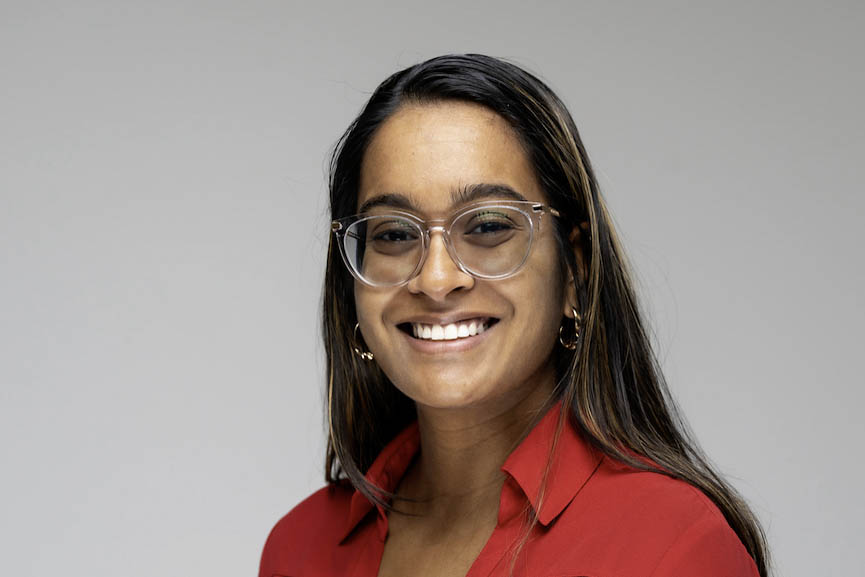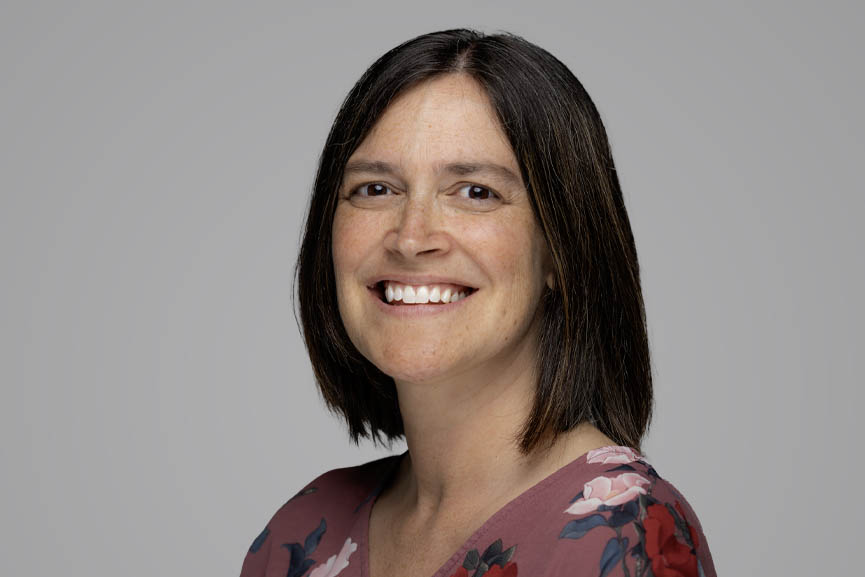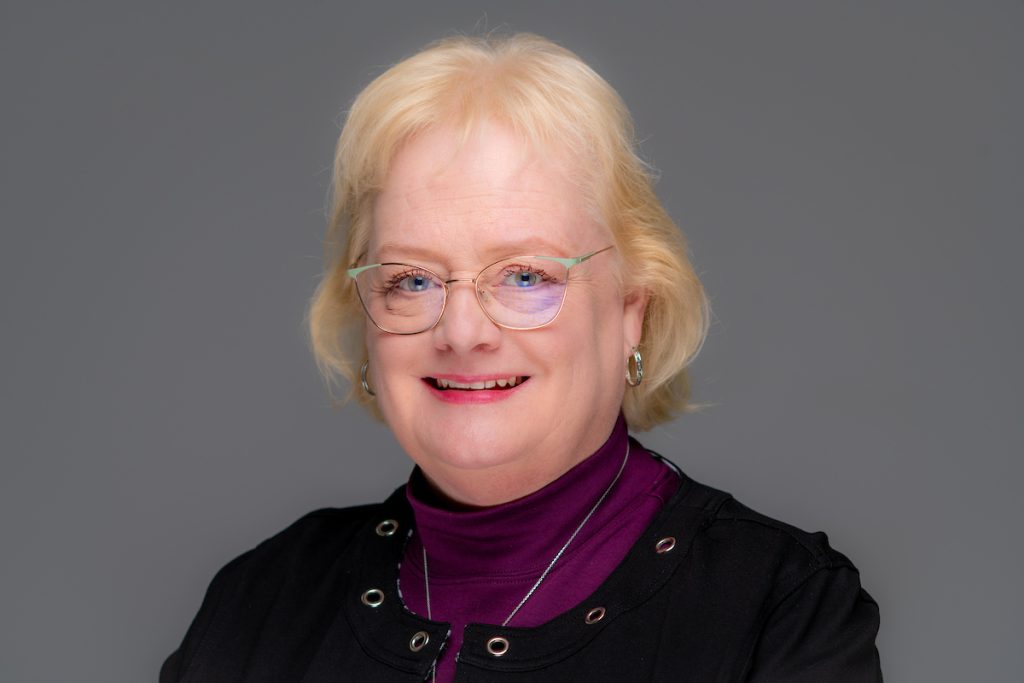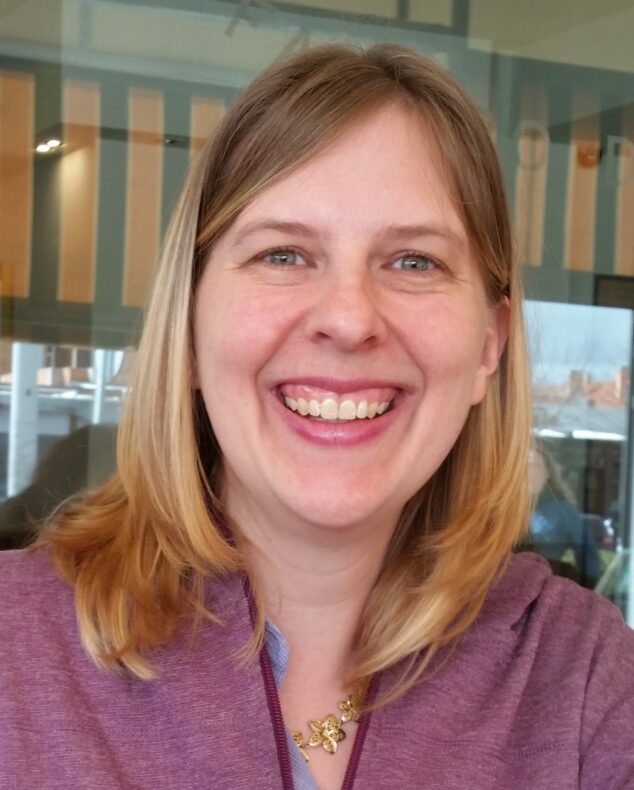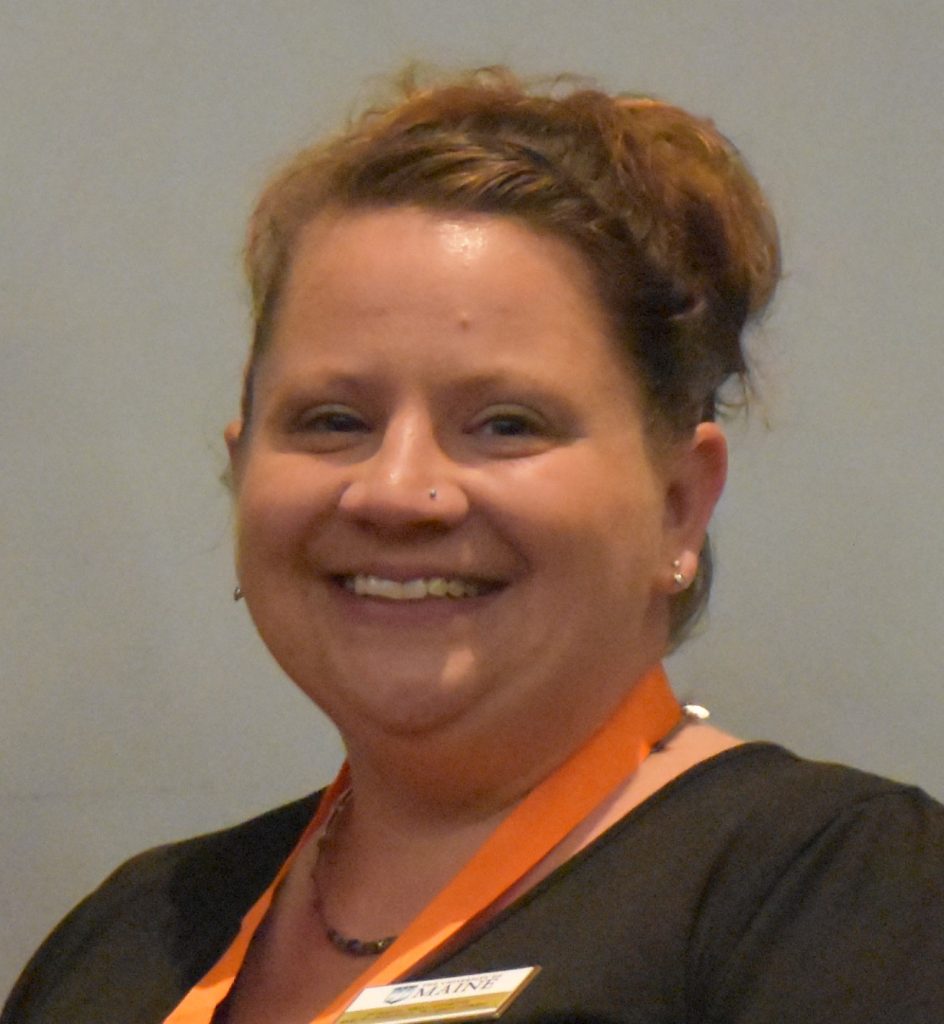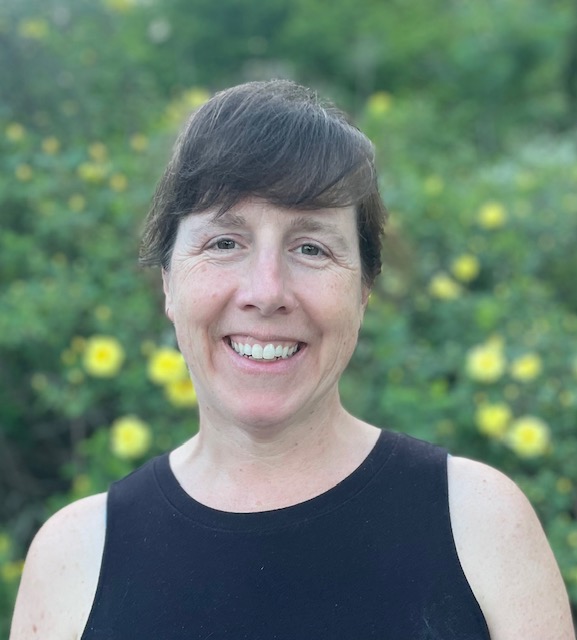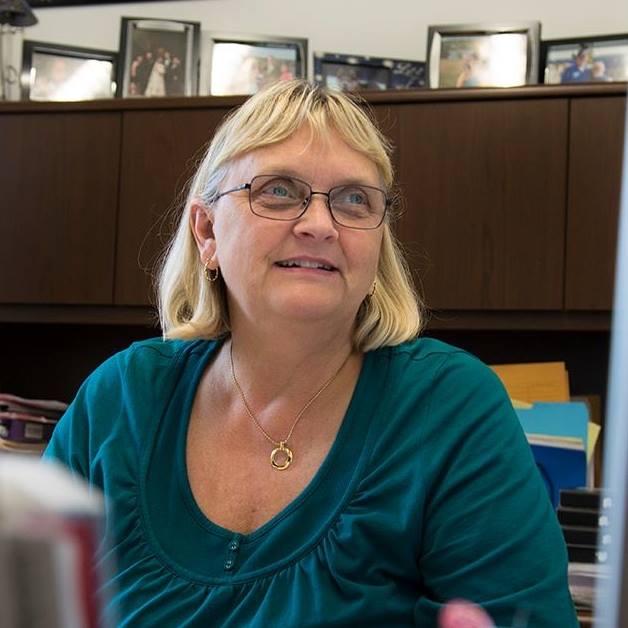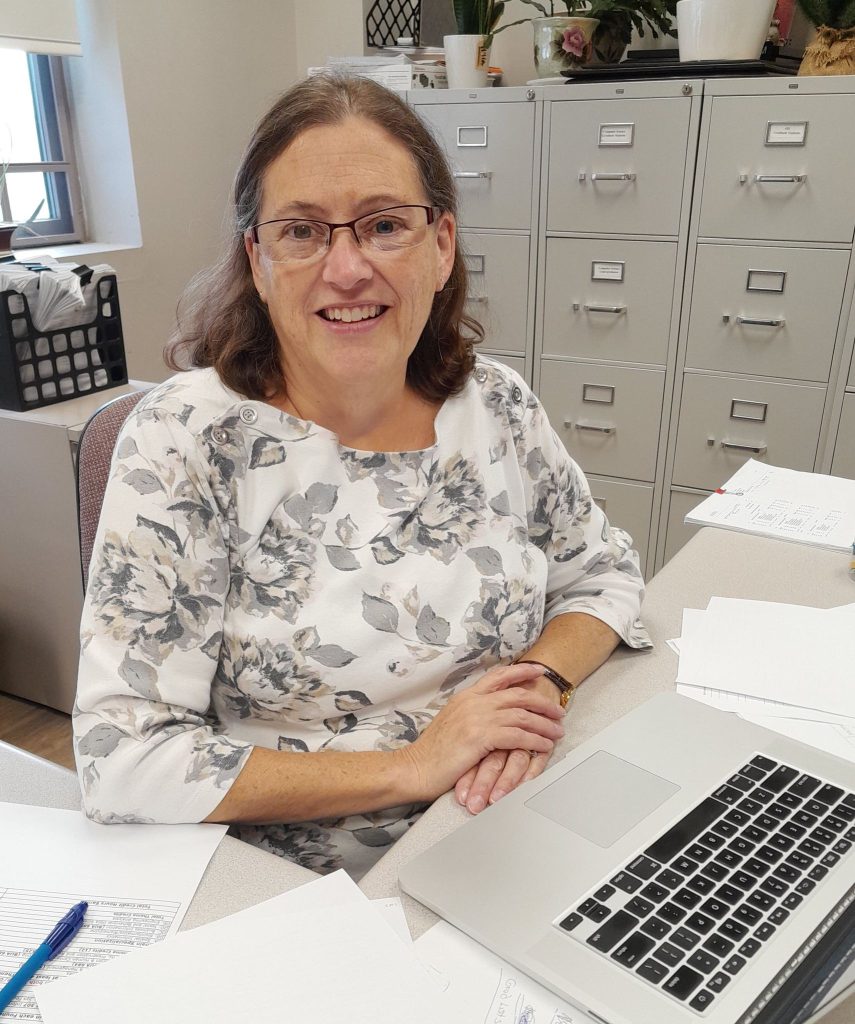Engineering Programs
During your first and sophomore years, Student Success Advocates serve as your primary advisors. They help you navigate academic, personal, and social challenges while connecting you with key UMaine resources. You’ll also be paired with a Faculty Mentor in your major who introduces you to research opportunities, career paths, and industry insights.
As you enter your junior and senior years, a Faculty Advisor becomes your primary academic guide, offering focused support with course selection, degree requirements, and professional preparation. Student Success Advocates remain available throughout your college experience to connect you with tutoring, mental health services, and other support resources.
Majors Supported
Civil & Environmental
Mechanical
Engineering Physics
Chemical & Biomedical
Electrical & Computer
Contact
5796 AMC Building, Room 231
Orono, ME 04469
mcec.ssac@maine.edu
Undeclared & Pre Engineering
MCEC is dedicated to supporting all students on their path to a successful engineering career. We offer tailored advising for Pre-Engineering and Undeclared Engineering students during their foundational years.
Your Advising Path
If you’re a Pre-Engineering student, you’re building the academic foundation needed to declare an engineering major. Your primary advisor will be a professional staff member. They’ll help you navigate your courses and connect you with resources to meet major qualifications. You’ll gain a Faculty Mentor once you declare your major.
For Undeclared Engineering students, you’ve met the general admission qualifications but are still exploring your interests. A professional staff member will be your main advisor, guiding you through course selection and helping you clarify your goals. We encourage you to declare a major by the end of your first semester, or no later than your second. After declaring, you’ll be paired with a Faculty Mentor in your chosen field.
Support Team
Contact
Stevens Hall, Room 125
william.osmer@maine.edu
207.581.1860
Contact
5796 AMC Building, Room 210
Tel: 207.581.2217
laurief@maine.edu
Engineering Technology Programs
In your first year, the SET Office and First-Year Advisor are your primary points of contact, guiding you through academic planning and helping you navigate personal and social challenges. They connect you with key UMaine resources to support a smooth transition into college life.
From sophomore year onward, your Faculty Advisor becomes your main academic resource, offering expert guidance on course selection, research, career paths, and degree requirements. The SET Office continues to support you throughout your journey, helping you access tutoring, mental health services, and other campus resources.
Majors Supported
Construction Engineering Technology
Electrical Engineering Technology
Mechanical Engineering Technology
Surveying Engineering Technology
Contact
5711 Boardman Hall, Room 119
Orono, Maine 04469-5711
Tel: (207) 581-2340
um.set@maine.edu
School of Computing and Information Science Programs
Students in the School of Computing and Information Science (SCIS) are primarily advised by a Faculty Advisor, who offers academic guidance, assists with course planning, and provides insight into career paths, research opportunities, and industry trends.
Additional support is available through the MCEC Student Success and Advising Center (SSAC) and The College of Liberal Arts and Sciences (CLAS) Advising & Academic Services Center, which help with academic planning, connect students to tutoring and campus services, and assist in navigating university policies. Together, these resources offer both specialized faculty mentorship and broad-based student support.
Majors Supported
Computer Science
Human Centered Technology Design
New Media
Contact
5711 Boardman Hall, Room 348
Orono, ME 04469
Tel: 207.581.2188
School of Engineering Technology Contact Information
Erin Ellis
um.set@maine.edu
Administrative Specialist
Erin Wight
um.set@maine.edu
Academic Coordinator
Kayla Bouchard
um.set@maine.edu
Administrative Supervisor
5711 Boardman Hall,
Room 119
Orono, Maine 04469-5711
Tel: (207) 581-2340
Department Contact Information
Electrical & Computer Engineering
Yifeng Zhu
yifeng.zhu@maine.edu
Department Chair
Heather Pierce
heather.j.pierce@maine.edu
Administrative Specialist
5708 Barrows Hall, Room 101
Orono, Maine 04469
Tel: 207.581.2224
Department Contact Information
Chemical & Biomedical Engineering
Peter Van Walsum
peter.vanwalsum@maine.edu
Department Chair
Cathy Dunn
cdunn@maine.edu
Administrative Specialist
Jenness Hall, Room 117
Orono, ME 04469-5737
Tel: 207-581-2277
Department Contact Information
Civil & Environmental Engineering
Bill Davids
william.davids@maine.edu
Department Chair
Brenda Collamore
brendac@maine.edu
Administrative Specialist
5711 Boardman Hall, Room 117
Orono, Maine 04469-5711
Tel: (207) 581-2340
Department Contact Information
Mechanical Engineering
Masoud Rais-Rohani
masoud.raisrohani@maine.edu
Department Chair
Meghan Honnell
um.mecheng@maine.edu
Academic, Administrative, and Financial Coordinator
Ferland Engineering Education & Design Center
75 Long Road, Room 237
Orono, ME 04469
Tel: 207.581.2120
Department Contact Information
Engineering Physics
Department Chair
5709 Bennett Hall
Orono, Maine 04469
Tel: 207.581.1016
SCIS Contact Information
School of Computing & Information Science
Karen Kidder
Administrative Support Supervisor – School of Computing & Information Science
Velma Figgins
Administrative Specialist, New Media – School of Computing & Information Science
5711 Boardman Hall
Room 348
Orono, ME 04469
Tel: 207.581.2188

